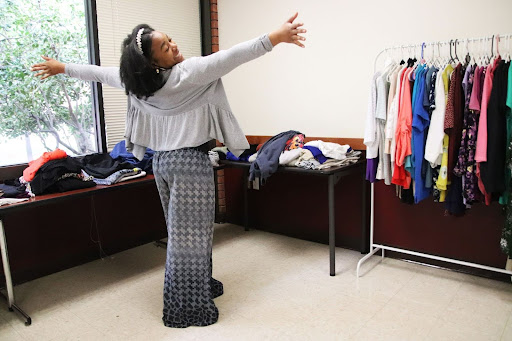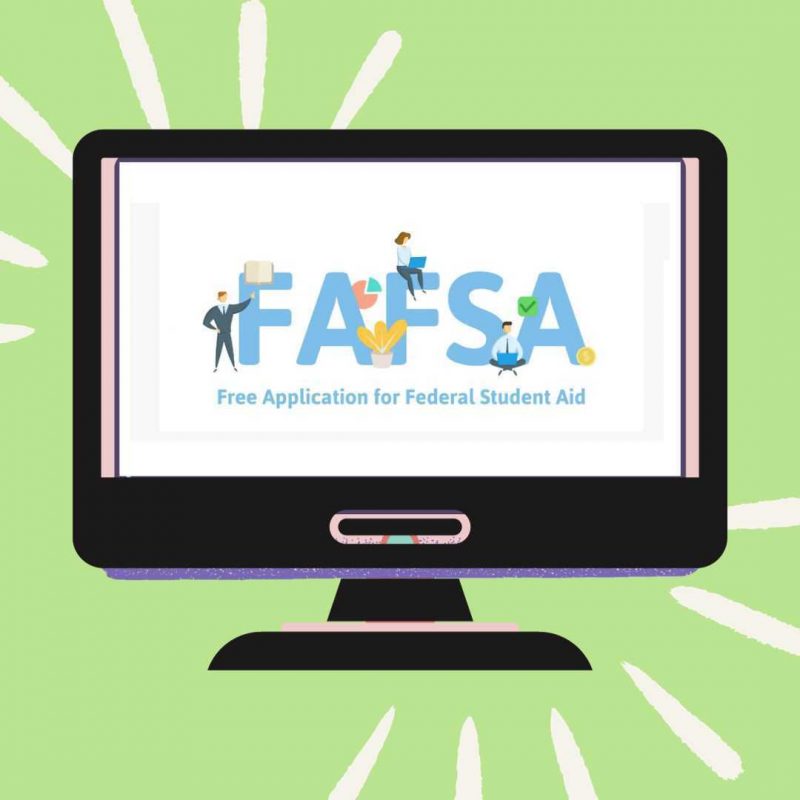The deadline and application process for the Free Application for Student Aid form, more commonly known as the FAFSA form, is approaching in December.
There have been a series of revamping efforts to the FAFSA form, and according to an article in the New York Times, this revamping is happening in an effort to streamline the process of applying to FAFSA. The new form is being called the “FAFSA Simplification Act.”
Lots of California undergraduate students apply for and use FAFSA, and according to a study on financial aid statistics in 2023, California is ranked first in college students’ usage of financial aid, spending a total of around $2.23 billion in financial aid money.
As students around the U.S. must now resume loan payments, many more City College students may use FAFSA and other financial aid programs to assist with this new burden.
In the New York Times article, Brendan Williams, a senior director of consulting at the nonprofit organization uAspire, which is an organization that advises high school and college students on accessing financial aid and navigating postsecondary systems, quotes “It’s a lot of the same old. Returning users may notice some design changes to the online version of the form, which most applicants use to complete the FAFSA … most of the FAFSA form still seeks the same information.”
Factors that no longer affect FAFSA eligibility
There will be at least two notable changes to the FAFSA form: Having a drug conviction while receiving student aid no longer affects an applicant’s eligibility for financial aid. Another factor which no longer affects eligibility is failing to register with the Selective Service System, the federal government database maintained in case of military draft.
According to the New York Times story, the Federal Student Aid office said in an announcement in June that the changes, approved late last year by Congress, came “too late” to remove the questions surrounding drug convictions and failing to register with the Selective Service System. According to the same announcement, the office said it had advised college financial aid offices on how to process FAFSA forms “to eliminate the effect of the questions.”
Determining who qualifies for aid
An article in USA Today explains that along with the new FAFSA launch in December, for the 2024-25 year the U.S. Department of Education is also changing its formula to determine who will qualify for aid, and how much they’ll receive per family household. The changes fulfill legislation passed in 2020 aiming to make student aid easier to obtain.
Brookings Institution, a research analysis group, stated that while students overall will gain billions in funds, students with siblings in college likely could lose some financial aid.
“These changes, and others, will have profound effects on students eligibility for financial aid,” Brookings stated. “There will be winners and losers,” and those students who may end up paying more “are unlikely to know that these changes are coming.”
Changes to eligibility: Larger income protection allowances
The USA today article explained that larger income protection allowances (IPA), which cover a family’s basic daily living expenses, are excluded from the financial aid eligibility formula.
Larger IPAs lower the income students and parents can contribute to colleges, which will increase their financial aid eligibility.
Eligibility based on income and household size
The USA Today article also explained that families making less than 175% and single parents making less than 225% of the federal poverty level will receive the maximum award, while minimum grants will be guaranteed to students from a household falling below the federal property level at a higher rate.
Restoring eligibility
The USA Today article stated that incarcerated students and those convicted of drug related offenses will once again be eligible to apply for financial aid. These students can apply for financial aid now, even if they are still incarcerated or not, all that’s required is a mailing address.
Simpler FAFSA application
Lastly, according to the USA Today article, there will be a simpler FAFSA application, meaning the application will be pared down to fewer questions. The new application includes 36 questions, and according to another story, the new FAFSA process will take effect in December instead of October with the reduced questions.

































